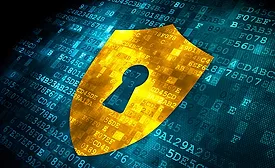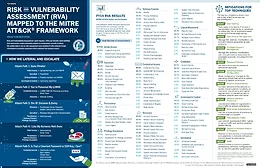Home » risk management
Articles Tagged with ''risk management''
Data from 25,000 small-to-midsize organizations reveals ransomware as the top cyber insurance incident in the first half of the year, with the average ransomware demand increasing 100% from 2019 through Q1 2020
Read More
Switching to electronic access control
What are the seven myths surrounding making the switch to electronic access control solutions?
October 9, 2020
Sign-up to receive top management & result-driven techniques in the industry.
Join over 20,000+ industry leaders who receive our premium content.
SIGN UP TODAY!Copyright ©2026. All Rights Reserved BNP Media.
Design, CMS, Hosting & Web Development :: ePublishing









